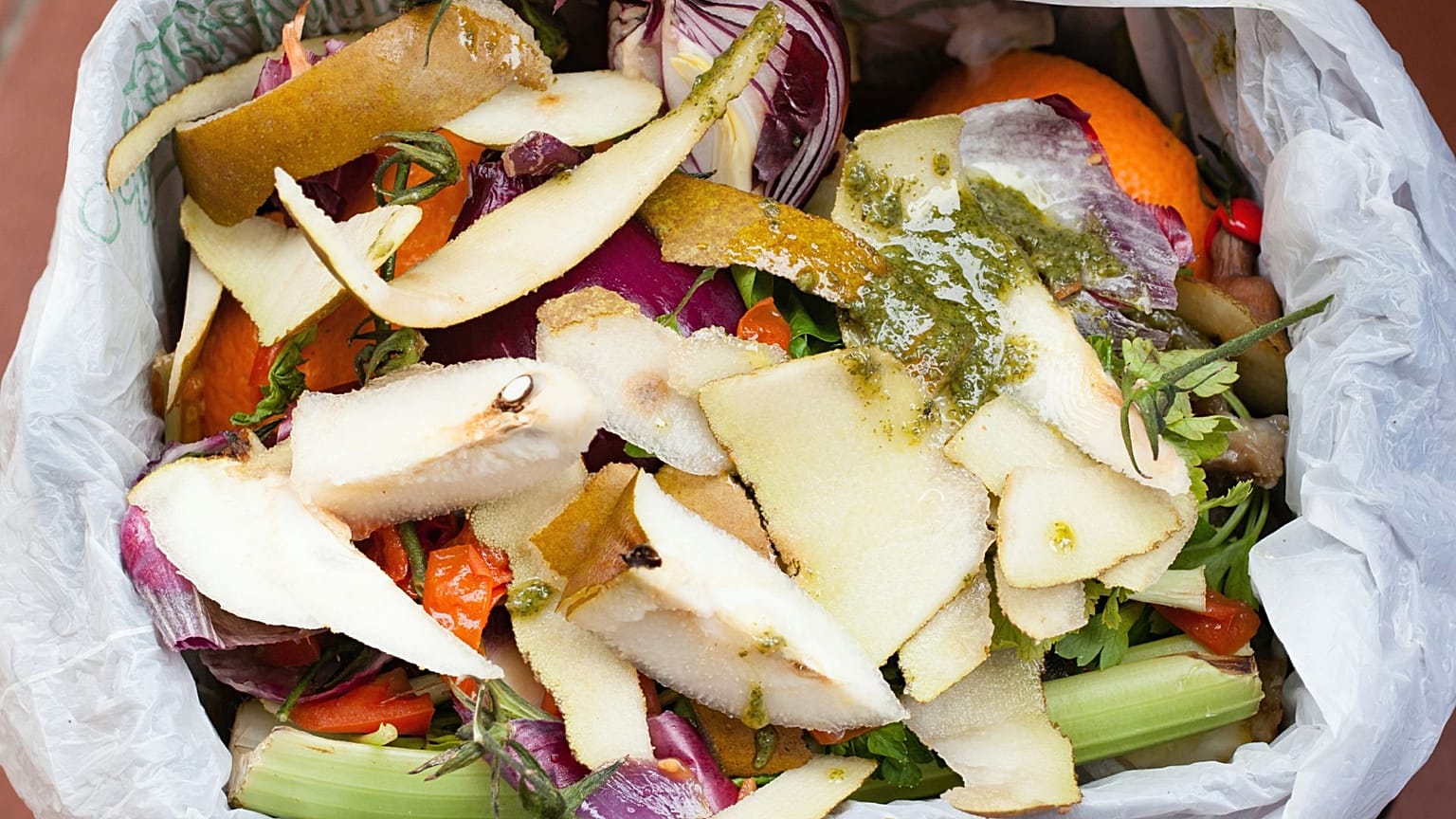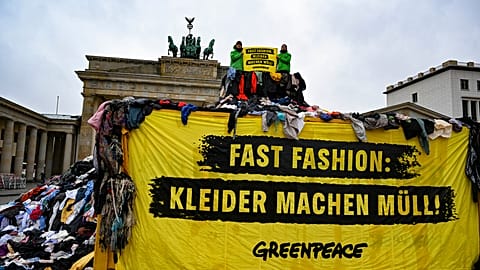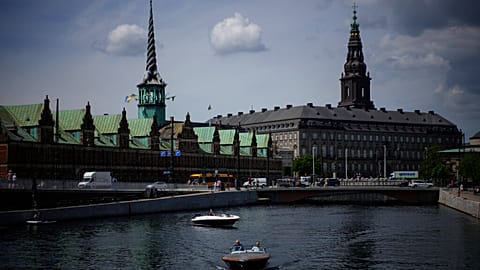The new 'compost obligatoire' rules came into force on 1 January 2024. Here's what they entail.
As of 1 January 2024, organic waste recycling is mandatory in France under new 'compost obligatoire' rules.
 ADVERTISEMENT
ADVERTISEMENT
 ADVERTISEMENT
ADVERTISEMENT
With support from the government’s Green Fund, municipalities must provide residents with ways to sort bio-waste, which includes food scraps, vegetable peels, expired food and garden waste.
Households and businesses are required to dispose of organic matter either in a dedicated small bin for home collection or at a municipal collection point. Previously, only those who generated over five tonnes of organic waste per year were required to separate it.
The waste will then be turned into biogas or compost to replace chemical fertilisers. Alternatively, it can be composted at home.
The obligation is currently on local authorities to provide an easy means for households to compost or separate organic waste.
While facilities are rolled out, there will not be fines imposed for non-compliance. It is yet to be seen whether stricter rules will be imposed in future.
One-third of household waste is bio-waste
Organic waste from food and gardens accounts for almost one-third of household waste. When it is mixed with other rubbish, it typically ends up in landfills or incinerators, where it produces heat-trapping greenhouse gases like methane and CO2.
Food waste is responsible for about 16 per cent of the total emissions from the EU food system, according to the European Commission. Globally, food loss and waste generates around 8 per cent of all human-caused emissions annually, the UN says.
It can also contaminate packaging destined for recycling like paper, plastic and glass.
In 2018, only 34 per cent of the EU’s total bio-waste was collected, leaving 40 million tonnes of potential soil nutrients to be discarded, according to NGO Zero Waste Europe.
In France, an estimated 82 kg of compostable waste per person is thrown away each year.
Is bio-waste separation mandatory in other European countries?
Under the EU’s Waste Framework Directive, bio-waste collection is being encouraged this year, but it stops short of setting mandatory targets.
In many European countries, organic waste separation has already been implemented at the municipal level.
Milan in Italy has been running a residential food waste collection programme since 2014. Households were given dedicated bins and compostable bags to kick off the scheme.
Elsewhere, taxes or bans on incinerating bio-waste have encouraged similar schemes, with separate bins and home composting widespread in Austria, the Netherlands and Belgium.
The UK announced plans to roll out separate food waste collection in 2023. It remains voluntary for households in England, but is more strictly enforced in Wales and for business owners.
How to sort your bio-waste
Ideally, all waste - including organic matter - should be kept to a minimum.
This can be achieved through careful meal planning. Consuming, freezing or preserving food before it expires along with using every part of an ingredient also help to reduce waste. Some food waste can even be repurposed into animal feed.
Any food waste that cannot be saved or repurposed should be either composted or separated for collection. This includes uneaten food scraps, baked goods, dairy products, eggshells, fruit and vegetables and their peels, mouldy food, pet food, raw and cooked meat and fish, bones, tea and coffee grounds.
Liquids, non-food products and packaging should not be placed in bio-waste bins.

















